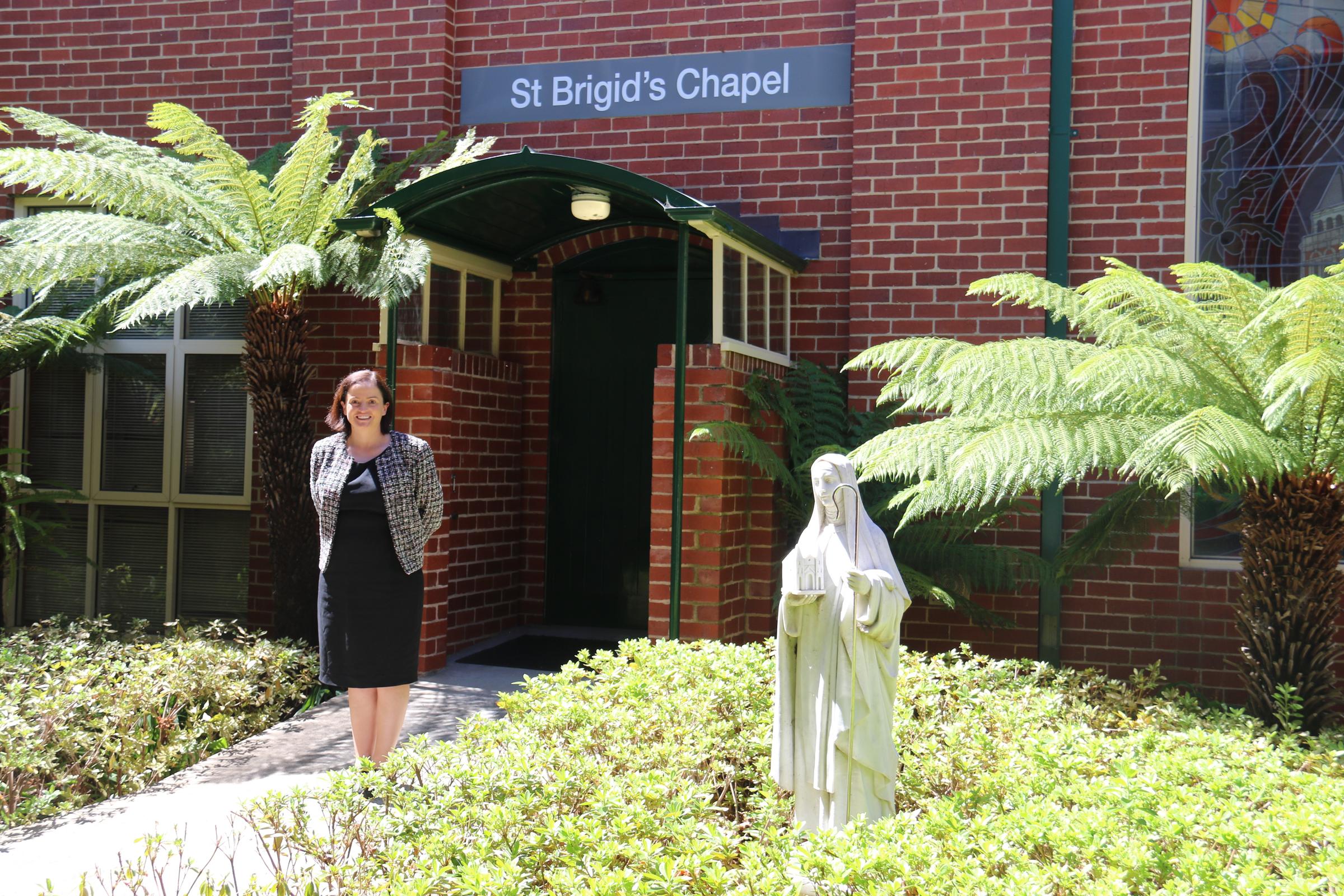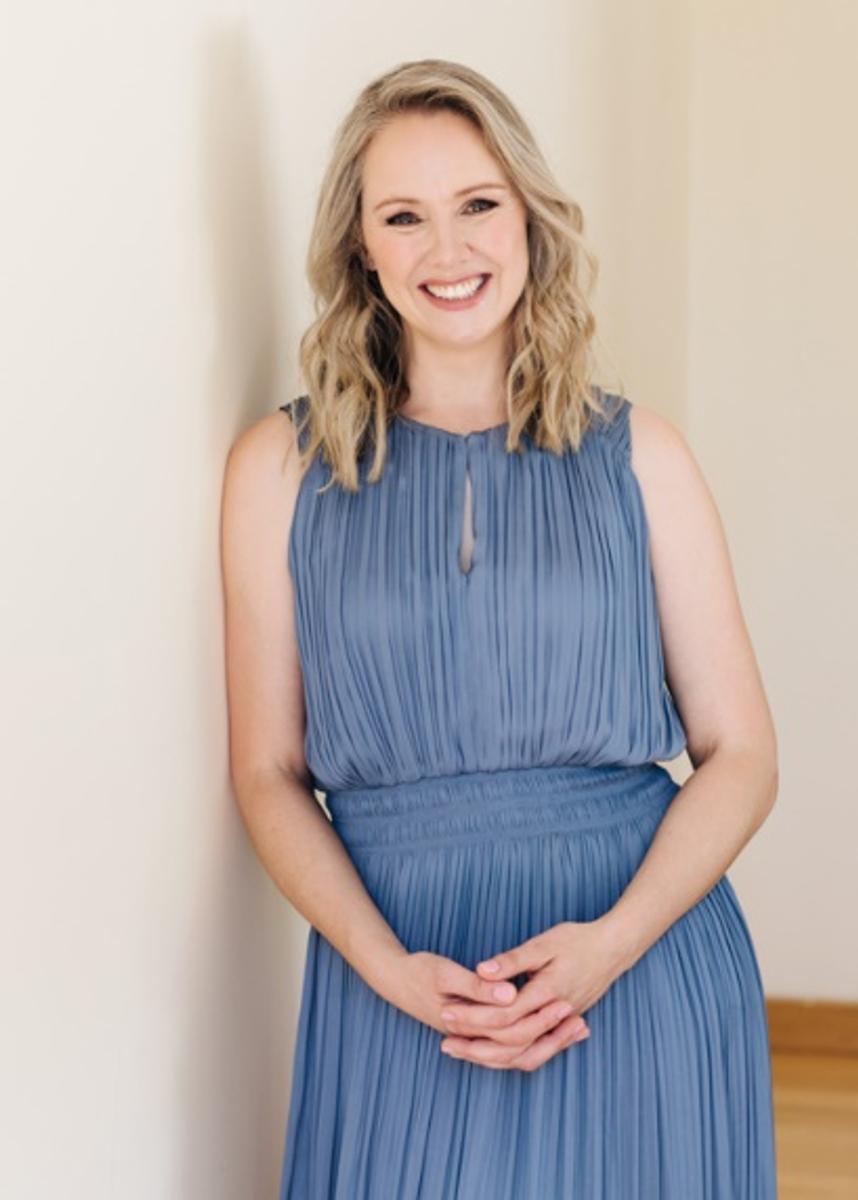Wellbeing and Engagement

Schools are always busy places with many activities happening in classrooms and through co-curricular activities. At Kilbreda, we provide an abundance of opportunities for our students to participate in, including opportunities for our girls to showcase their talents, compete against themselves and others, learn new skills, and acquire deeper knowledge. In the first few weeks of this term, our students have been involved in so much!
Over the coming weeks, our students will have the opportunity to:
- Represent the College at a Model United Nations Conference (Year 10),
- Strengthen relationships with their peers through the Year 7 Discovery Day,
- Participate in the House Fun Run and/or represent the College with distinction in sport,
- Enhance their musical gifts and talents on Music Camp,
- Develop an understanding of different world religions through the Building Bridges program (Year 11),
- Debate, dance, sing, design and create in a range of forums.
Fredricks and Eccles (2006) found that ‘activity participation can be linked to positive academic outcomes, including improved grades, test scores, more school engagement, and increased educational aspirations.' Additional to these benefits are learned skills such as teamwork, leadership, positive attitudes of wanting to attend school, and a sense of belonging when at school. We would strongly encourage parents/carers to have a conversation with your child about their involvement in school life.
Moving Kids and Teens from Anxiety to Resilience Parent Presentation
Thursday 2 June
7.00pm to 8.15pm College Auditorium
Kilbreda College is thrilled to provide parents/carers with this rare opportunity to learn from Dr Jodi Richardson, an educational leader and a leading specialist in children’s anxiety. Jodi is the best-selling author of ‘Anxious Kids’ and ‘Anxious Mums’ and a respected media commentator in the wellbeing and parenting space. Academically accomplished, professionally experienced and intrinsically compassionate, she has commented via the TODAY show, ABC Breakfast, Studio 10, Sunrise, The Age, Weekend Today and more.
As parents/carers we play the most important role in helping our children when they experience mental health challenges, including anxiety. And whether they experience the everyday variety of anxiety that comes with being human or anxiety that gets in the way of school and life – there are skills and strategies we can teach our children to not only help them cope but thrive. Now, and over their lifetime.
Anxiety is common, treatable and there is so much we can do as parents to help. In this relatable and engaging presentation, parents/carers learn:
- What is anxiety?
- What happens in an anxious brain?
- How to identify anxiety and teach your child to recognise it
- How to know when anxiety is getting out of hand
- To understand their own nervous system and a new ‘go-to’ strategy to move back into the green (cool, calm, connected) zone
- How behaviour patterns develop and lead to avoidance
- What anxious and/or distressed children need most from their parents
- Practical strategies to dial anxiety symptoms down
- Anxiety fuelled avoidance and how to move anxious kids forward
- When and where to seek professional help
This free parent presentation will take place in the College Auditorium on Thursday 2 June. For planning purposes, bookings are essential. Please click HERE to register.
Managing Screen Time
As a result of the global pandemic, there has been a noticeable shift in the amount of time people spend on screen-based devices. There is no magical figure when it comes to the right amount of screen time. However, it is important to consider the quality and nature of what your child is doing online and their overall health and wellbeing. This will help to guide you in supporting your child to find the right balance in their offline and online activities.
Recent conversations with families have indicated that as they transition back to pre-COVID routines that many are still struggling to re-establish the boundaries and rules around screen use. Digital conflict and tech tantrums are impacting on family life. The latest research found that 77% of teenagers spend more than five hours on screens per day, but it is important to note that not all screen time is considered equal.
The eSafety commission has identified the following signs that your child’s online activity may be having a negative impact on them or on your family:
- Less interest in social activities like meeting friends or playing sport
- Not doing so well at school
- Tiredness, sleep disturbances, headaches, eye strain
- Changes in eating patterns
- Reduced personal hygiene
- Obsession with particular websites or games
- Extreme anger when being asked to take a break from online activity
- Appearing anxious or irritable when away from the computer
Parents/carers play a crucial role in modelling a positive and healthy approach to using screens and assisting children to navigate the content they watch. Most parenting experts suggests that it is better to model and mentor screen use, rather than monitor it. Children tend to do more of what they see us do, and less of what we tell them to do. However, it is still important to outline the risks and highlight the benefits of screen use to ensure a balanced attitude. Encourage discussions around the issues that people experience in monitoring their screen time.
Adolescent psychologist, Dr Michael Carr-Gregg encourages parents to remain firm in their approach to monitoring screen time and has this to say: “Young people aren’t very good at self-regulation, and I think one of the things we need to do as parents is remember that we are their frontal cortex. We need to be the fully developed part of their brain that isn’t. We need to set limits and boundaries. I plead with parents on a weekly basis that for every hour of screen time, there be at least two hours of green time. Kids need to be outdoors, they need to oxygenate their brain, they need to exercise. And staring at screens for 13 hours a day is not OK.”
Ensuring the correct privacy settings are in place is vital to prevent children from being inadvertently exposed to inappropriate content or online predators.
Pasi Sahlberg, professor of educational policy and deputy director at the UNSWs Gonski Institute, says parents and educators need to think much harder about how to entice children away from digital devices. He is also a strong believer in the power of high-quality play for children. He points out that Australian kids copped a D-minus overall in the latest Active Healthy Kids Australia report card, which crunches data from around Australia. Only one in five Australian children and teens get their recommended 60 minutes of ‘huff and puff’ exercise every day. This, on its own, is a good reason to get kids up and active, he says.
The eSafety Commission has prepared a range of resources, including guidelines and strategies to help manage screen time at home. We hope you take the time to reflect on the information offered, and we always welcome your feedback.
If you do have any concerns about the wellbeing of your child, please contact the Homeroom teacher, Year Level Leader or College Counselling Team to seek advice.
.
Stephane Smyth
Assistant Principal:
Wellbeing and Engagement

